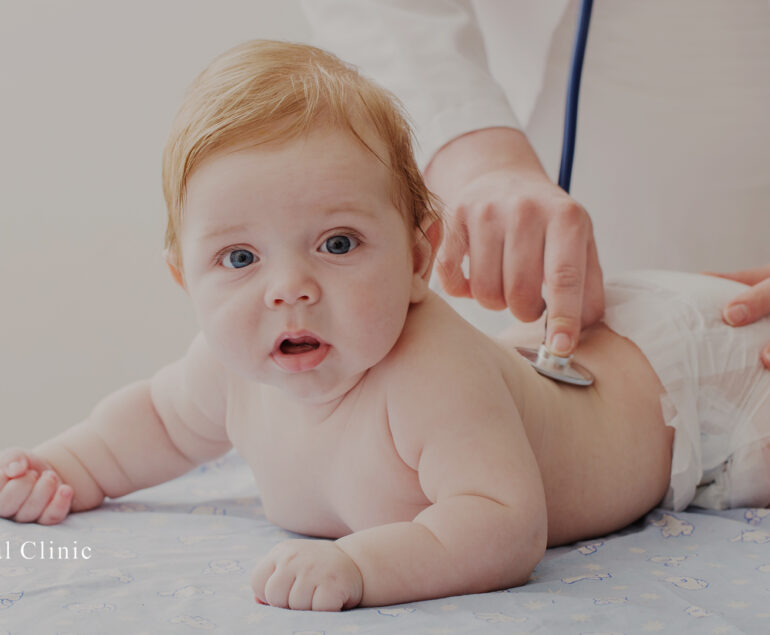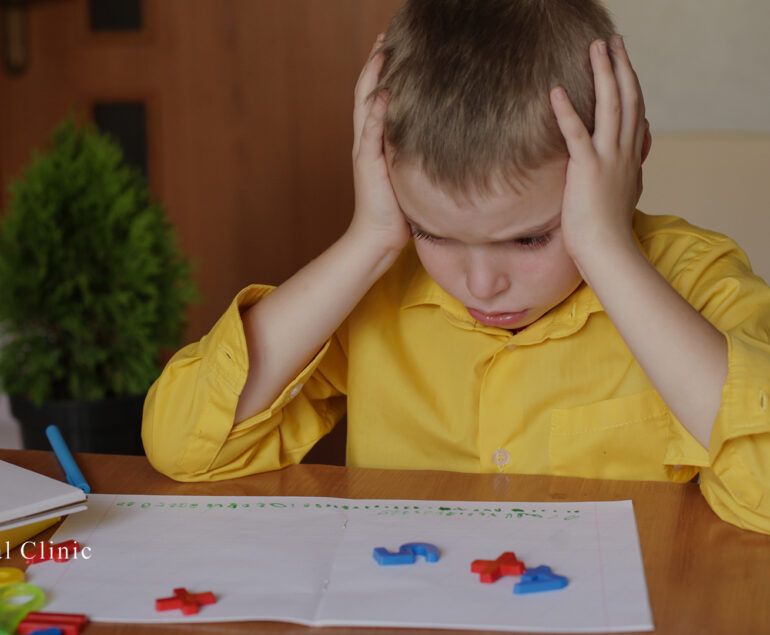When should we go to the Pediatrician?
As parents, we face the ongoing conundrum of deciding when to take our children to the pediatrician. It’s a delicate dance between not overreacting to every sniffle and ensuring serious symptoms don’t go unchecked. Here’s a simple guide to help you make informed decisions about your child’s health.
1. Regular Checkups and Milestones
Preventative care is paramount. Scheduled well-child visits are crucial for monitoring growth, development, and vaccinations. These appointments are opportunities to discuss nutrition, sleep, behavior, and safety.
2. Fever: More Than Just a Number
A fever in a newborn (age 0-3 months) warrants immediate medical attention. For older babies and children, it’s not just the thermometer reading but how they’re acting. Is your child lethargic, irritable, or not drinking fluids? These signs suggest it’s time to call the doctor.
3. Persistent Symptoms
Coughs and colds are part of growing up, but if symptoms persist beyond a week, or are accompanied by wheezing, difficulty breathing, or not eating, it’s time to seek medical advice.
4. Stomach Troubles
Occasional tummy aches are normal, but persistent pain, diarrhea, or vomiting should raise a red flag. Dehydration and weight loss are serious concerns, especially in young children.
5. Rashes and Skin Issues
Skin changes are common and often not serious. However, if a rash is spreading rapidly, is accompanied by a fever, or if the child seems unwell, a pediatrician should evaluate it.
6. Behavioral Shifts
Sudden changes in behavior, such as excessive sleepiness, difficulty waking, or a drop in academic performance, deserve a professional’s input.
7. When in Doubt
Trust your instincts. You know your child best. If something feels off, it’s better to err on the side of caution.
Conclusion: Partnering with Your Pediatrician
Remember, your pediatrician is your partner in your child’s health journey. They’re there to support you, provide resources, and ensure your little ones thrive. When in doubt, reach out.
FAQ's
When should I take my newborn to the pediatrician for the first time?
Your newborn should visit the pediatrician within the first week after birth. This visit is crucial to monitor weight gain, check for jaundice, and discuss feeding and care. Subsequently, regular well-child visits are scheduled during the first two years as recommended by your pediatrician.
My child has a fever. When is it necessary to see the pediatrician?
For infants under 3 months, a fever (100.4°F or higher) requires immediate medical attention. For older children, a fever accompanied by symptoms like rash, difficulty breathing, persistent crying, ear pain, or lethargy means it’s time to call the pediatrician. If the fever persists for more than 24-48 hours in a child over 3 months, seek medical advice.
How do I know if my child's cold warrants a visit to the pediatrician?
If your child has a cold that doesn’t improve after 7-10 days, or if they have trouble breathing, wheezing, severe sore throat, persistent cough, or ear pain, it’s a good idea to consult your pediatrician.
My child fell and hit their head. Should we see a doctor?
If your child experiences a loss of consciousness, vomits repeatedly, has a headache that gets worse, seems confused, has difficulty walking or talking, or if you notice any behavioral changes, seek immediate medical attention.
Are there signs of dehydration that should prompt a pediatric visit?
Yes, signs of dehydration include no tears when crying, a dry mouth, sunken eyes, lethargy, and going six hours without a wet diaper in infants or no urination in 8-12 hours for older children. If you observe these signs, contact your pediatrician.




